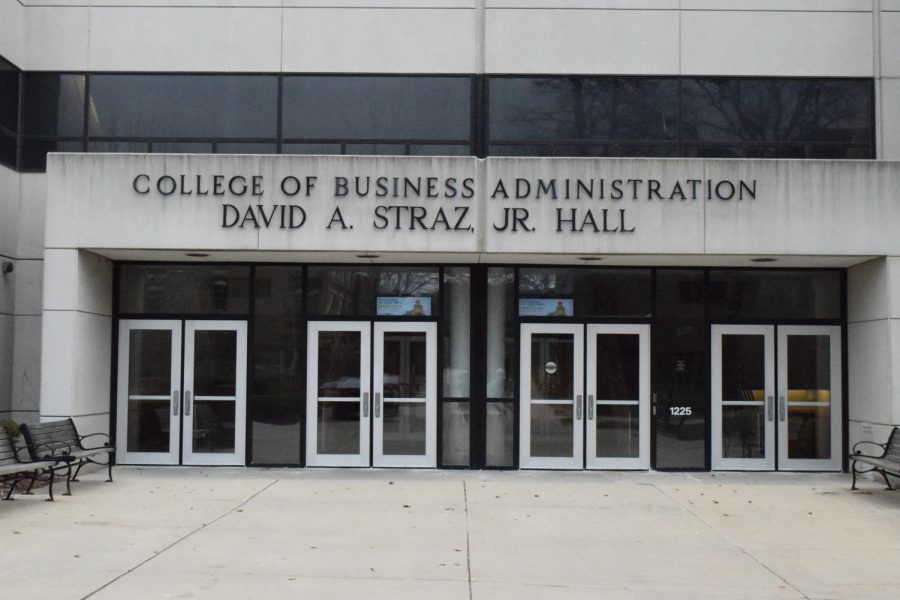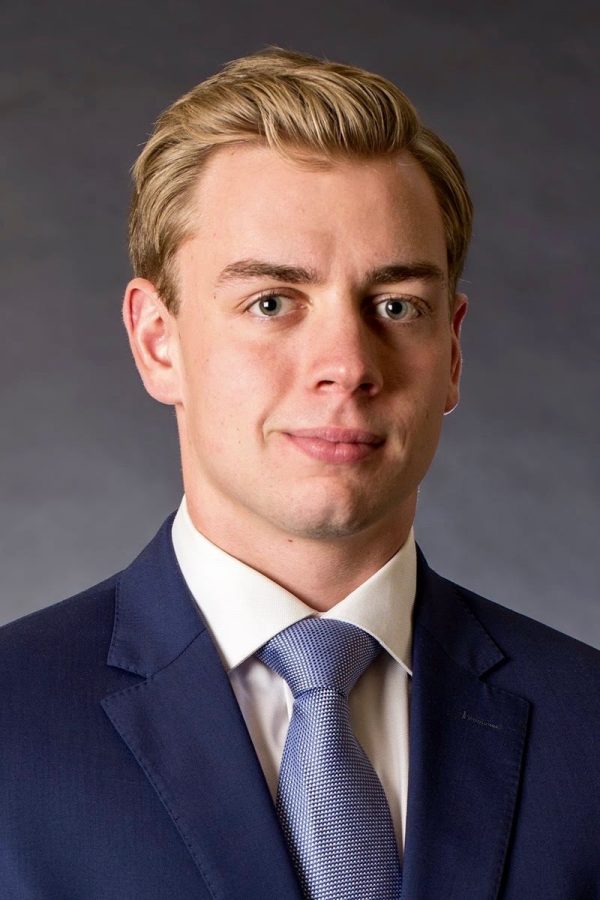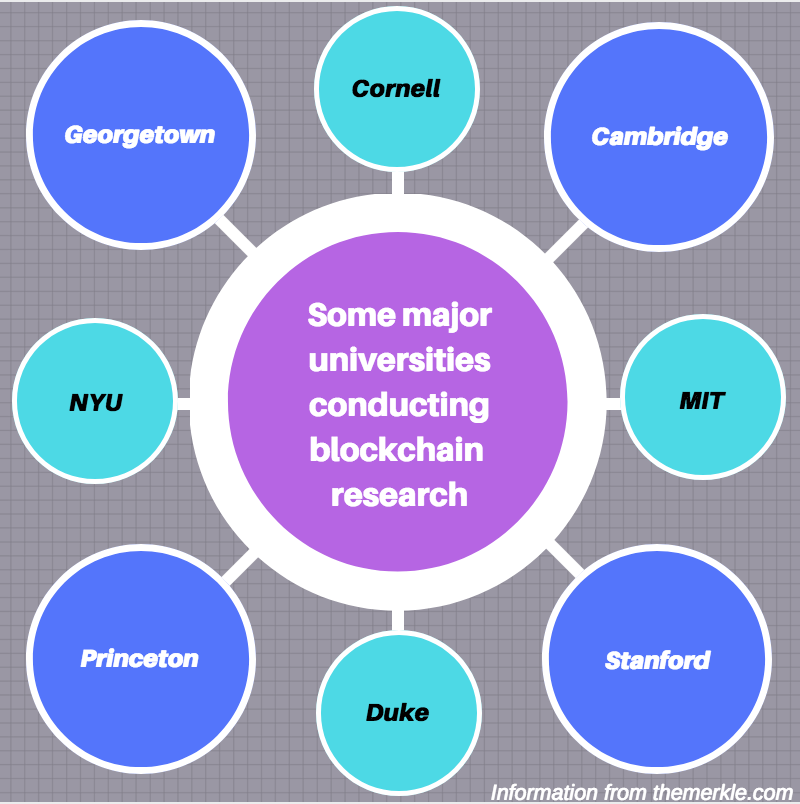Ten students from Marquette’s Student-Run Business Program attended a conference at Harvard University hosted by the Student-Run Business Association from March 29 to 31.
Owen Raisch, associate director for the Student-Run Business Program, CEO of Blue and Gold Ventures and founding director for the Student-Run Business Association, said Marquette played a pivotal role in the founding of the SRBA last year.
‘This is a big deal because it puts us toe-to-toe with the other seven founding members, which are Georgetown, Harvard, Cornell, Northwestern, Princeton, Stanford, Loyola Chicago and Penn (State),” Raisch said. “These are excellent schools (with) excellent programs and it’s not every day that Marquette is a leader among them.”
Raisch said the Marquette SRBP is bringing a lot of value to the conference and will be working hand in hand with other university student-run business programs. He said the conference is the primary service provided by the association.
“It’s purpose is to both help bring together students and the different programs, to form kind of an alumni base of sorts,” Raisch said. “We want students in the Student-Run Business Programs to feel as connected to each other all around the world as they are to each of the students at their own universities.”
He said the goal of Marquette’s Student-Run Business Program is to give students experience running real companies, which is unique across the world.
Gabriella Suliga, junior in the College of Arts & Sciences and president of the Marquette Blockchain Lab, said from being apart of the student run business program she has developed leadership skills as well as learned how to manage a company and team of students.
“Typically with traditional internships you have someone that you’re reporting to,” Suliga said. “(But) in this position you have people coming to you and you’re the one setting up the meetings, you’re the one that has to kind of manage everything.”
Suliga said all of the Marquette students who went to Harvard had a big part in not only planning the event, but managing it as well. She said many Marquette students hosted workshops at the conference.
Suliga said she hosted a workshop with Katarina Djokic, a junior in the College of Business Adminstration and president of Vida Coffee Company on the benefits of student run business programs having advisory boards. Vida Coffee Company is one of the student run businesses part of Marquette’s program.
“We really are the only university that has (advisory boards),” Djokic said. “And I didn’t even know other universities didn’t have (advisory boards) because I couldn’t imagine running (a company) if I didn’t have an advisory board.”
Djokic said her presentation at the conference was about the importance and value of an advisory board as well as how to build one.
“It is a direct trade, speciality coffee company,” Djokic said. “The direct trade part means that we work directly with farmers in the Dominican Republic currently to source our coffee and specialty coffee means it’s a specific grade of high quality coffee.”
Djokic said Vida has a wholesale and retail business, which entails three up and coming locations in Franklin, West Allis and Greenfield.
Jack Toner, a senior in the College of Business, said the conference at Harvard was the first time the programs at the respective universities came together.
“We’re going to see how we can help each other, how we can learn from each other and then what we can do moving forward together,” Toner said. Toner said the businesses will help each other by sharing ideas about business and what is working well and not.
Toner said he created the Eagle Incubator, which helps new businesses integrate into the Marquette’s student run business program.
“If you want to start a business in the Student-Run Business Program, you don’t immediately get funding and you’re not immediately apart of the program,” Toner said. “The incubator is kind of our gateway and our vetting process.”
Toner said at the conference he showed other universities the benefits of creating their own incubators. He said the hope is that the Marquette model can be used everywhere.
“The incubator provides infrastructure and support for businesses that want to enter our program,” Toner said. “Our curriculum focuses on the development of the individual in hopes that they drive the development of the business, so we have more of an educational focus.”
Toner said one of the SRBP’s goals is that Marquette becomes the national center for this network of student-run business programs across the nation.
“Harvard is very known for awesome political leaders, Stanford is very well known for awesome tech development (and) Marquette is in the middle of that,” Toner said. “Hopefully we can leverage both of those developments and the hope is that step one is showing that we can handle it.”






